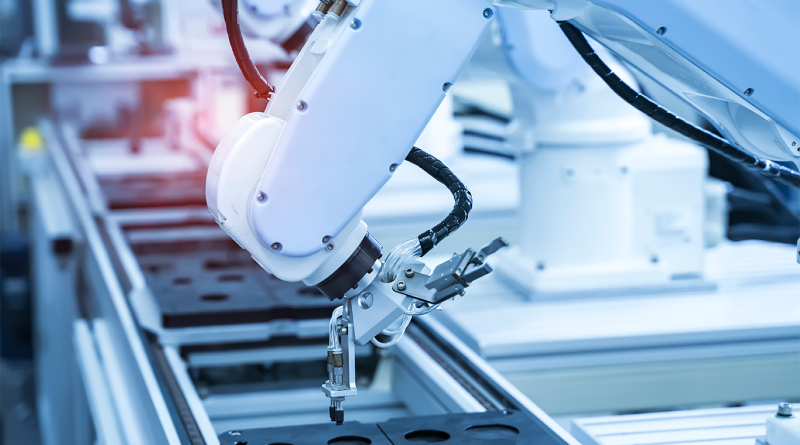Solving the Housing Crisis Through Robotic Micro-Factories
The construction industry is on the brink of a revolutionary transformation, thanks to the advent of Automated Architecture (AUAR) and its innovative use of robotic micro-factories. This change promises to redefine affordable and sustainable housing by leveraging advanced technologies.
AUAR, a visionary venture founded in 2019 by Mollie Claypool and Gilles Retsin, stands at the forefront of revolutionising housing with its cutting-edge approach to construction. Targeting an ambitious goal to collaborate with 40 license partners by 2030, AUAR aims to leverage robotic micro-factories to produce over 75,000 energy-efficient homes annually. This initiative not only promises to mitigate the housing crisis by making sustainable homes more accessible but also projects a significant reduction in CO2 emissions, aligning with global sustainability goals.
Mollie Claypool, the co-founder and CEO, underscores the critical demand for affordable, low-energy housing solutions that current construction methods fail to address at scale. Through the innovative use of robotics and AI, AUAR is set to transform this landscape. “Robots and AI allow us to deliver high-quality housing at significantly lower costs,” she states, emphasising the dual benefits of enhanced productivity and affordability while also contributing to environmental sustainability. This pioneering model presents a new paradigm in construction, aiming to make high-quality, sustainable timber homes widely available and affordable.
The Backbone of Innovation: Robotic Micro-Factories
Robotic micro-factories represent the core of AUAR’s innovation, employing cutting-edge robotics to manufacture modular timber homes. This process ensures precision and significantly minimises waste, highlighting AUAR’s commitment to environmental stewardship. The use of renewable materials like plywood not only contributes to the homes’ energy efficiency but also showcases the potential for a greener construction methodology.
By reducing the construction sector’s carbon footprint and making energy-efficient homes more accessible, AUAR addresses critical global challenges like housing shortages and environmental degradation. This approach not only champions sustainable urban development but also offers a tangible solution to the affordable housing crisis, marking a significant step towards more inclusive communities.
Embracing the Future
Despite the promising advancements, AUAR’s journey is not without obstacles. Regulatory challenges, production scaling, and market adaptation represent significant hurdles. Nonetheless, the organisation’s steadfast commitment to innovation and sustainability foretells a visionary path forward. The future of construction, as envisioned by AUAR, is one where automated, sustainable building practices are not just a niche but a norm, offering a blueprint for addressing the dual challenges of housing affordability and environmental sustainability.
